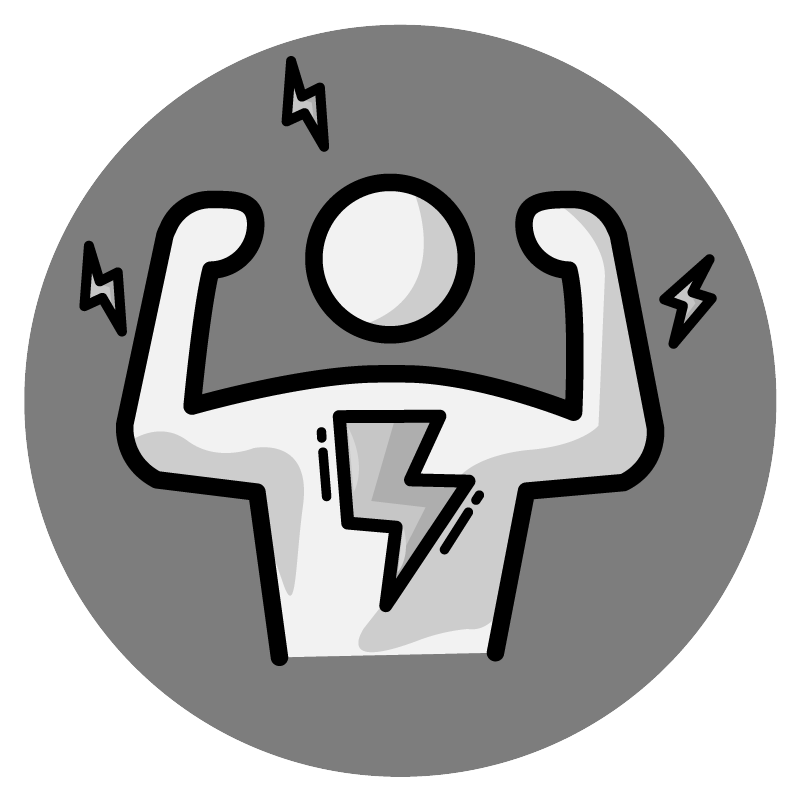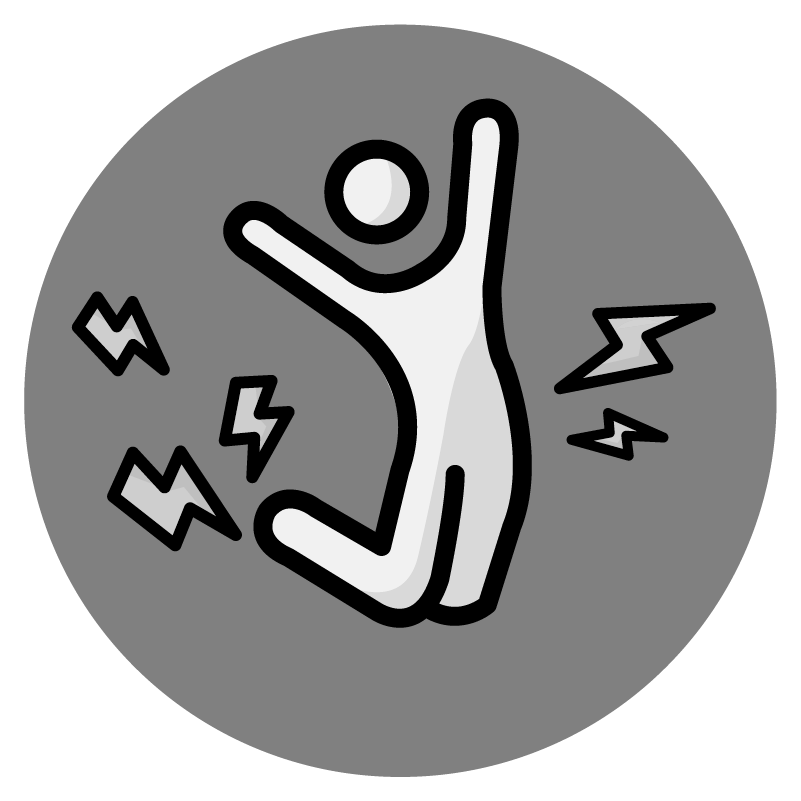
My Progress
I'm walking 50km this May to leave MS behind

My Progress
0.00km

My Target
50km
This is for you Mama! I love you!
Multiple sclerosis (MS) is a chronic illness that affects the central nervous system, which includes the brain and spinal cord. It is an autoimmune disorder, meaning that the immune system mistakenly attacks the body's own tissues. In the case of MS, the immune system targets the myelin sheath, which is the protective covering that surrounds nerve fibers. This leads to inflammation and damage, disrupting the communication between the brain and the rest of the body.
How MS Affects the Body:
1. **Symptoms**: MS can present a wide range of symptoms that vary significantly from person to person. Common symptoms include:
- **Fatigue**: A prevalent symptom that can be debilitating.
- **Numbness and Tingling**: Often felt in the limbs or face.
- **Muscle Weakness**: Difficulty in moving limbs or maintaining balance.
- **Spasticity**: Muscle stiffness and spasms.
- **Vision Problems**: Blurred or double vision, or even temporary loss of vision.
- **Cognitive Changes**: Difficulty with memory, attention, and problem-solving.
- **Emotional Changes**: Increased risk of depression or anxiety.
2. **Types of MS**: There are several types of MS, including:
- **Relapsing-Remitting MS (RRMS)**: Characterized by episodes of new or worsening symptoms followed by periods of recovery.
- **Secondary Progressive MS (SPMS)**: Initially starts as RRMS but eventually transitions to a progressive form.
- **Primary Progressive MS (PPMS)**: Symptoms gradually worsen from the beginning without distinct relapses.
3. **Causes**: The exact cause of MS is not known, but several factors may contribute:
- **Genetic Predisposition**: Family history may increase risk.
- **Environmental Factors**: Certain geographical locations and vitamin D deficiency have been linked to higher rates of MS.
- **Viral Infections**: Some viruses, like Epstein-Barr, have been associated with an increased risk of developing MS.
4. **Diagnosis**: MS is diagnosed through a combination of methods, including:
- **Neurological Examination**: Assessing reflexes, coordination, and vision.
- **Magnetic Resonance Imaging (MRI)**: To identify lesions on the brain and spinal cord.
- **Lumbar Puncture (Spinal Tap)**: To analyze cerebrospinal fluid for inflammatory markers.
5. **Treatment**: While there is currently no cure for MS, treatments aim to manage symptoms, reduce the frequency of relapses, and slow disease progression. Options include:
- **Disease-Modifying Therapies (DMTs)**: Medications that help modify the disease course.
- **Corticosteroids**: Used to reduce inflammation during relapses.
- **Symptomatic Treatments**: Medications to manage specific symptoms, such as pain, fatigue, and muscle spasms.
6. **Lifestyle and Support**: Supportive therapies, including physical therapy, occupational therapy, and counseling, can be beneficial. A healthy lifestyle, including regular exercise, a balanced diet, and stress management, can also help improve overall well-being.
In summary, multiple sclerosis is a complex condition that can have a significant impact on a person's daily life, including physical, emotional, and cognitive aspects.
MY IMPACT TO LEAVE MS BEHIND OVER 2 YEARS
My Achievements
leave MS behind Upload a
profile pic Share page
on Facebook Downloaded Fitness App Receive first
donation Raise $150 to
leave MS behind
My Achievements

My pledge to leave MS behind

Upload a profile photo

Share page on Facebook

Downloaded App

Receive first donation

Raise $150 to leave MS behind

Raise $300 to leave MS behind

Raise $500 to leave MS behind

Raise $750 to leave MS behind

Raise $1,000 to leave MS behind

Reach fundraising goal

Log first KM

Halfway to KM goal

Achieve KM goal











